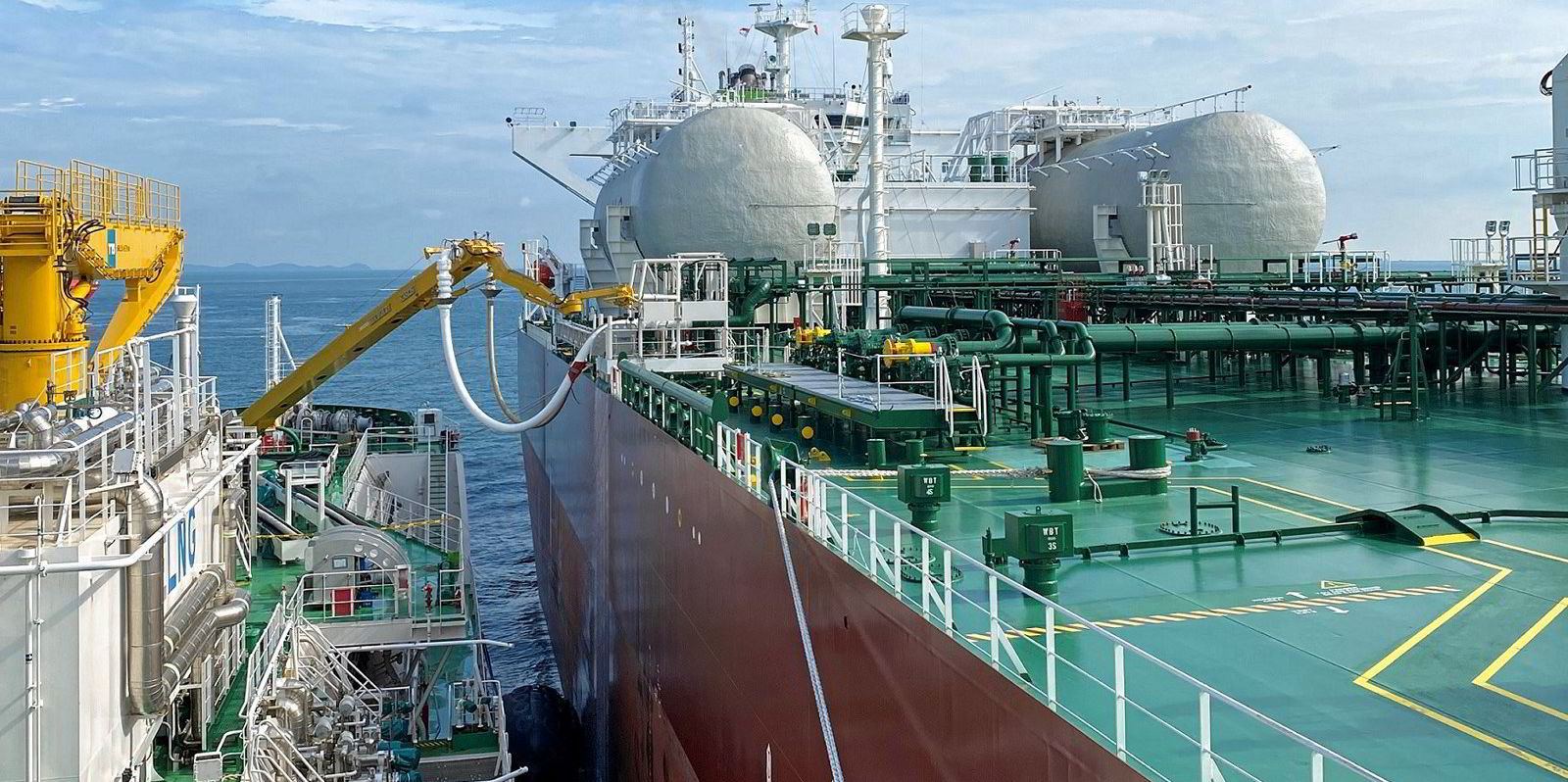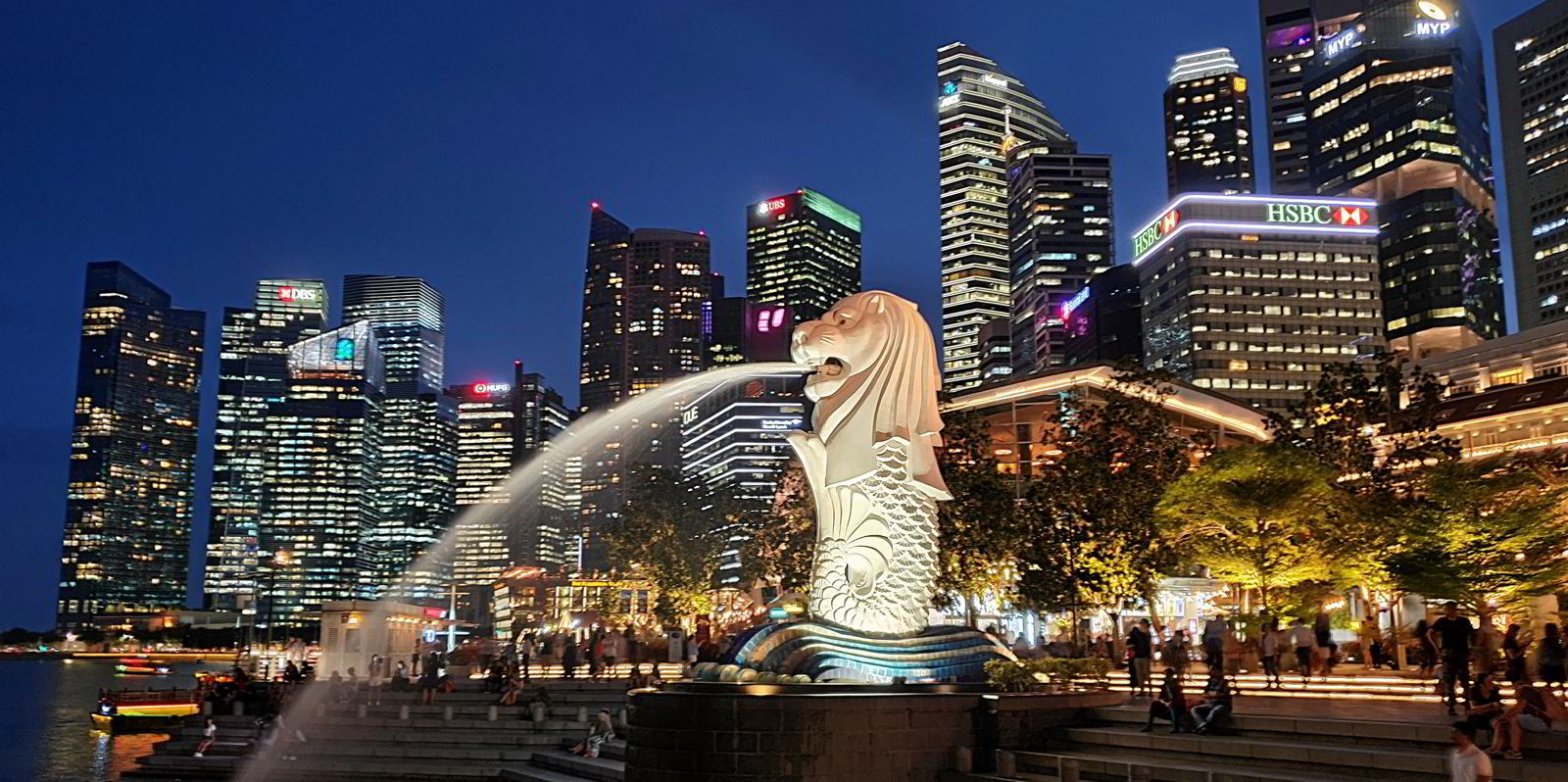Singapore is to offer port dues concessions to support the deployment of floating storage regassification units and floating storage units for LNG bunkering and breakbulk activities.
Qualifying vessels, either newbuildings or those that are part of an existing fleet, will enjoy a 50% harbour craft port dues concession of up to $600,000 annually for a period of five consecutive years.
The Maritime and Port Authority of Singapore (MPA) said the qualifying period begins with immediate effect and will run until 31 December 2024.
“The 50% harbour craft port dues concession would be given annually upon successful renewal of the harbour craft licence,” the MPA said.
“In the event of non-compliance at any time during the licence period, the 50% harbour craft port dues concession for the year will be withdrawn and the shipowner/agent will be required to repay the MPA the concession received.”
However, the concession come with a number of conditions including that the FSRU or FSU must be both licensed as a harbour craft and Singapore-flagged.
The Maritime and Port Authority of Singapore (MPA) said the vessel must also be deployed at a berth approved by the port master and not at anchorage.
Provide an undertaking
The FSRU or FSU will not be allowed to leave the port of Singapore during the five-year consecutive period without approval by the port master.
The company operating the vessel will be required to provide an undertaking to the MPA that it will be used to support LNG bunkering activities or LNG bunkering and breakbulk activities, with an estimate of what volumes it expects to handle over a five-year consecutive period.
Singapore is committed to promoting the adoption of LNG as a marine fuel and has been working closely with a number of partners to boost the growth of Singapore as a global LNG bunkering hub.
In March this year, Singapore completed Asia’s first first ship-to-containership LNG bunkering operation, which was quickly followed by Singapore’s first bunkering of an LNG-fuelled oil tanker.
Currently, LNG is an immediately available fuel solution that can reduce the environmental impact of maritime transport.
The use of LNG as a marine fuel reduces greenhouse gas emissions by up to 23% on a well-to-wake basis, compared to current oil-based marine fuels, according to the MPA.
Vessels that use LNG are also said to emit significantly less of the three main pollutants: 99% less sulphur dioxide, 91% less particulate matter and 92% less nitrogen oxide, compared to oil-based marine fuels.





